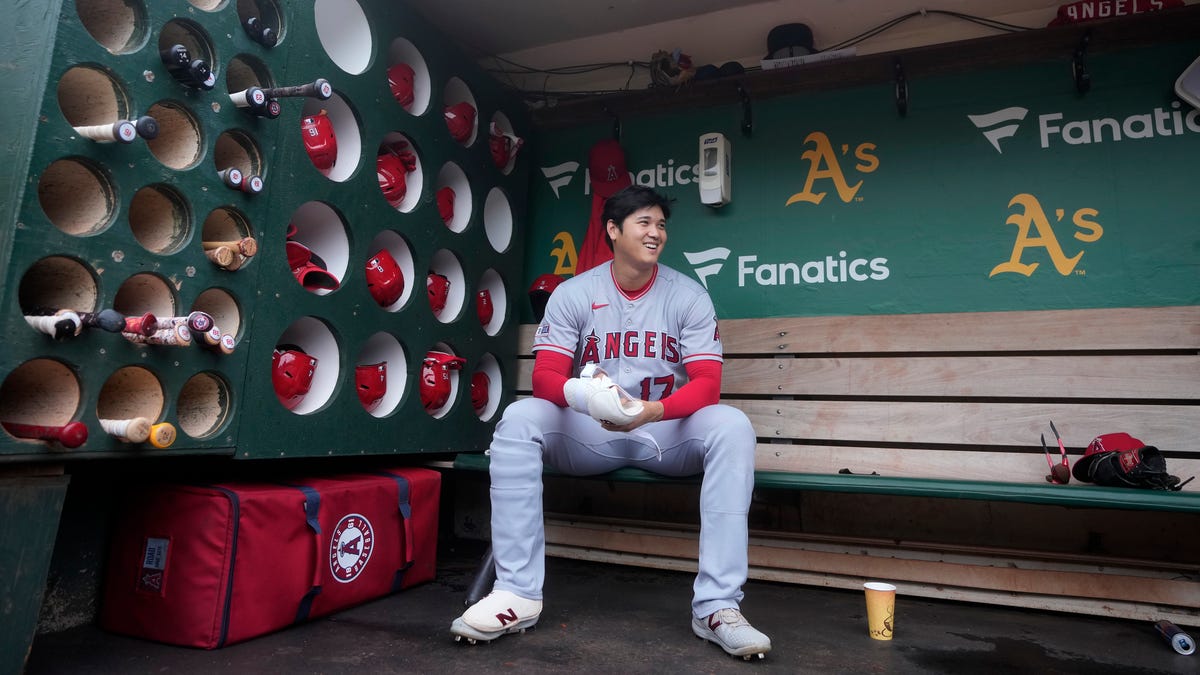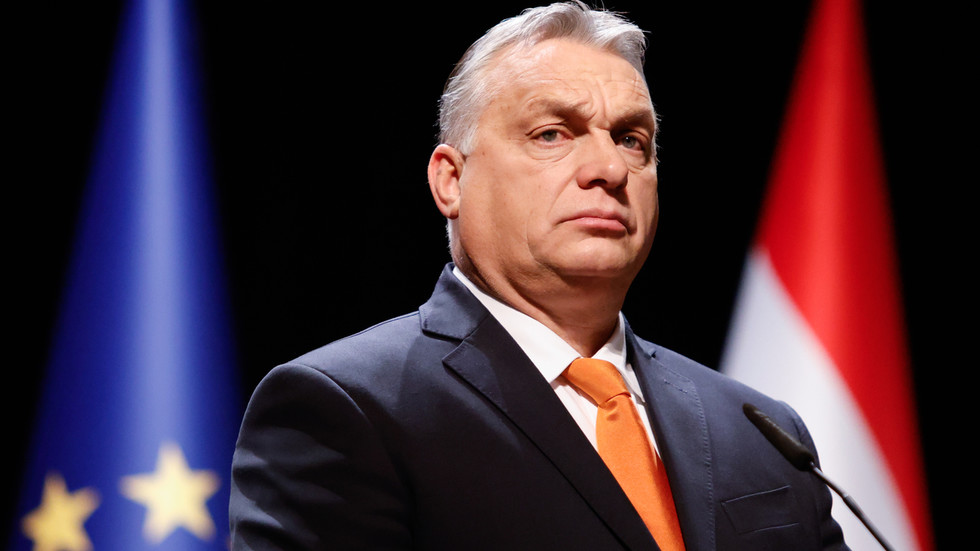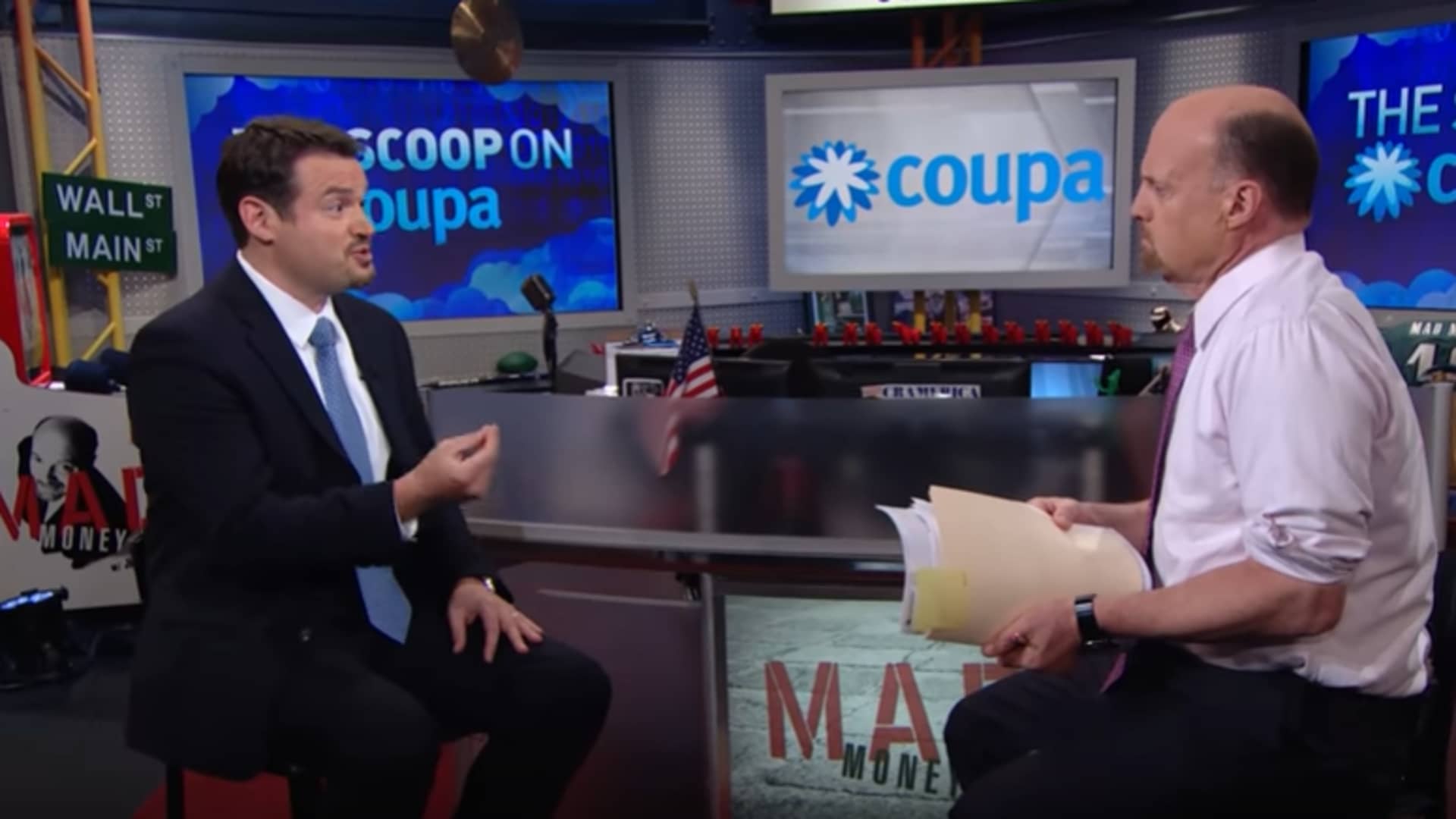If governments really believed that anthropogenic CO2 emissions will seriously harm their citizens or subjects, and if they were really pursuing the general welfare, isn’t it prima facie obvious that reducing these emissions would be their first priority, as opposed to competing priorities based on debunked, prescientific economic theories?
Looking at what is happening in practice provides a good introduction to how governments actually work and what they pursue. Western governments are “protecting” their subjects from less costly imports of solar panels and other “green” products, in order to reduce competition and keep prices higher for domestic producers. Joe Biden’s “smart” investments favor inputs “Made in America” for green projects. He has maintained most of Trump’s solar panel tariffs. With a view to increasing tariffs on EVs made in China, the European Union government just announced an “anti-subsidy investigation” into the extent to which they are subsidized by the Chinese taxpayers. The US government also impose tariffs on Chinese EV. (See “China Attacks EU’s ‘Naked Protectionist Act’ on Electric Cars,” Financial Times, September 14, 2023; “Chinese Carmakers Are Under Scrutiny in Europe,” The Economist, September 14, 2023.)
Chinese, American, and European EVs are all subsidized by their manufacturers’ governments. In passing, it is a strange argument that subsidies from one’s own government, that is, from one’s fellow taxpayers, are deemed good, while subsidies from foreign taxpayers are bad. This idea is based on the same 17th-century mercantilist and dirigiste theories.
But why subsidize with one hand and push up prices through custom tariffs with the other? Either the US and EU governments don’t believe in the large risks officially attributed to anthropogenic CO2 emissions, or else they are not benevolently pursuing the general welfare, or both. Much economic theory and historical evidence suggest that governments as we know them (“the state”) do not pursue anything like the “general welfare,” if this expression has any meaning. Instead, they pursue power and, for that purpose, favor the cronies and clientele on which they depend for support and propaganda, such as domestic manufacturing lobbies, to the detriment of the general public. Public-choice analysis (including Anthony de Jasay’s theory) tries to explain the state as it is, not how it should ideally be according to such or such philosopher-king, social engineer, or armchair ideologue.
It is true that the state’s corporate cronies pay a price for their subsidies and protection against foreign competitors. They are subject to government mandates to increase their production of EVs. For example, the Wall Street Journal reports that “Ford lost nearly $60,000 on each EV it sold in 2023’s first quarter (“An Auto Strike Made in Washington,” September 15, 2023). This churning—subsidizing domestic producers, protecting them against foreign competitors, bossing them around and undermining their profitability—is paid by American taxpayers, consumers, and shareholders. That the earth is reportedly burning does not seem to be a real priority for governments; they are just in the business of power as usual.
If half of that is true, it would be a tragic illusion to let governments grab more power to fight another trumpeted emergency that is quite certainly less threatening than the preservation of a free society.















